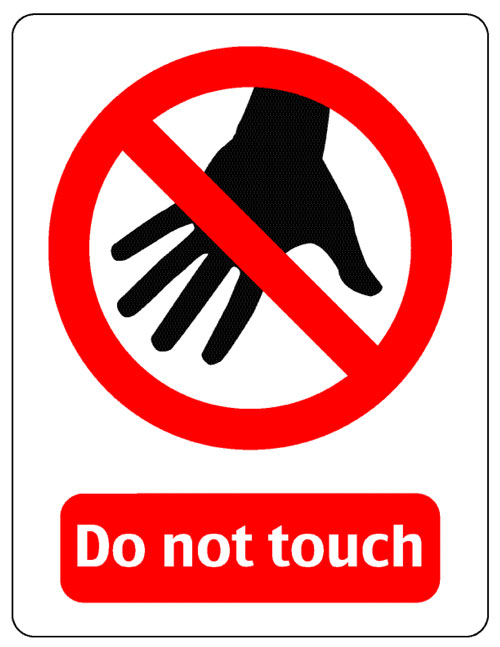You did it! You finished your book! All those hours (and who knows how many there were) have finally paid off. You sent the manuscript to a freelance editor for final adjustments before trying to get it published. Or perhaps you sent the manuscript to an agent who asked for it after hearing your pitch at that last conference; they found a home for it at a publishing company, and you ended up signing a contract. Either way, suddenly you have an editor. Your very own editor. You can’t wait to get their feedback.
But then you actually get the feedback. You find your editor has made too many comments to wrap your head around, and the editorial letter feels like it’s fifty pages long. Still, you’re an intrepid author! You will do whatever it takes to see your book in print. So you open the documents on your computer and settle in to read.
As you scan through the comments, a sense of unease settles upon you. They advise so many changes that you’re beginning to suspect that your editor hates the book, and they hate you for writing it. Maybe it isn’t any good after all? You find yourself doubting the meaning of life. But then you rally. This is your book. This is your baby, the story you’ve labored over with blood, sweat, and carpal tunnel. They obviously just don’t get it.
These are the opening stages of grief that you may go through when receiving a developmental edit on your manuscript. But don’t worry. You’re not alone.
One of my very good friends is an author. We’ve known each other since 2004, when we met in college. I was one of her beta readers for years, until I graduated to the role of line editor. Despite our long working relationship and mutual respect, she recently confided in me that when she first receives my feedback, it’s very discouraging. Even though it’s coming from me—her good friend whom she trusts—she has to take a step back and remind herself that the feedback isn’t personal and that I’m probably right (her words). Once she’s done that, she can roll up her metaphorical sleeves and get to work.
You see, editors want you to succeed. We want your manuscript to be polished and engaging, and we will do everything in our power to help you get it there. And we’re not just there to point out the things you missed; we highlight what you did well, too. After all, if you do something particularly well, we want you to know about it so you can do it more.
Publishing is tough. It’s a long, exacting process for everybody, including the authors. So what do you do when you get a developmental edit back? First, take a moment to prepare yourself for what will likely feel like an attack, not just on your baby but on you as well. Remind yourself that an edit is a good thing and that it’s not personal. Next, read through the manuscript comments and the editorial letter. Make sure you have chocolate, wine, or a punching bag nearby.
Once you’ve finished looking everything over, you may find you need a breather. Feel free to set the whole thing aside for a few hours, a few days, or even a few weeks. In fact, I recommend it! When you come back to it, you’ll be refreshed and ready to see the feedback for the valuable aid that it is, and you can settle in to work on your revisions with steely determination.
Once you reach that point, you’re unstoppable.

